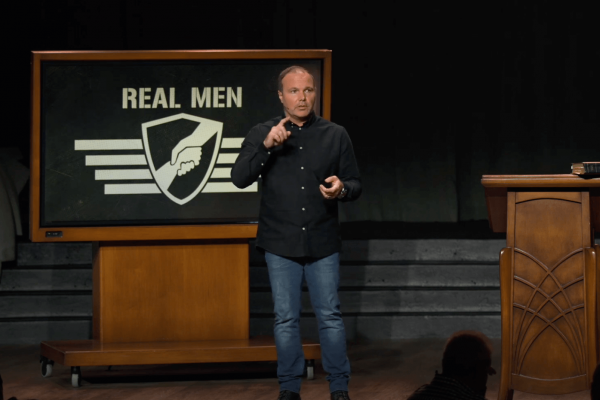Aug 31, 2021
It would be too reductive — and too convenient — to suggest that Driscoll’s authoritarianism was solely a product of his brash, conservative theology. Catholic, mainline, and progressive Christians are not immune. Many forms of theology are susceptible to manipulation and abuse, and many others are intrinsically harmful — even if the damage isn’t always easy to discern.
Read the Full Article

Already a subscriber? Login
